The Ministry of Education and Training is seeking comments on a draft Decree regulating policies on tuition fee exemption, reduction, and support, support for learning costs, and service prices in the education and training sector. The Decree is designed to replace Decree No. 81/2021/ND-CP and Decree No. 97/2023/ND-CP.
Accordingly, the Ministry of Education and Training proposed that for public preschool and general education, the tuition fee framework (floor-ceiling) for the 2025-2026 school year will be kept equal to the tuition fee for the 2022-2023 school year as stipulated in Decree No. 81/2021/ND-CP (linked to the level of financial autonomy of educational institutions). At the same time, there will be no distinction in tuition fees according to urban, rural, and mountainous areas to suit the reality after the arrangement of 2-level local governments according to the recommendations of some localities.
According to the draft, the tuition fees of educational institutions that are not self-sufficient in regular expenditure for the 2025-2026 school year (floor - ceiling) are as follows:

From the 2026-2027 school year to the 2035-2036 school year, the tuition fee ceiling will be adjusted at a rate appropriate to the local socio -economic conditions, the consumer price index growth rate, and the annual economic growth rate, but not exceeding 7.5%/year.
From the 2036-2037 school year onwards, the tuition fee ceiling will be adjusted in accordance with the socio-economic conditions of each locality, but must not exceed the consumer price index growth rate at the time of determining the tuition fee compared to the same period last year as announced by the competent state agency.
The ceiling of tuition fees for public preschool and general education institutions that are self-sufficient in regular expenses: Maximum is 2 times the ceiling of tuition fees for institutions that are not self-sufficient in regular expenses.
The ceiling of tuition fees for public preschool and general education institutions that self-finance regular expenses and investment expenses: Maximum is 2.5 times the ceiling of tuition fees for institutions that are not self-financed for regular expenses.
However, the above tuition fees are only the basis for determining the tuition support level for preschool children, high school students, and students of general education programs at private and non-public educational institutions, and the level of state budget support for public educational institutions when implementing the tuition exemption policy for preschool children, high school students, and students of general education programs.
Specifically, according to the Ministry of Education and Training, implementing the National Assembly 's Resolution on tuition exemption and support, the above preschool and general education tuition levels are only used as a basis for the People's Councils of provinces and centrally-run cities to decide on tuition exemption and support levels for learners.
Tuition fees for higher education
Also according to the draft, the tuition fee ceiling for public higher education institutions that are not self-sufficient in regular expenditures from the 2025-2026 school year onwards is as follows:
- School year 2025-2026 and school year 2026-2027:
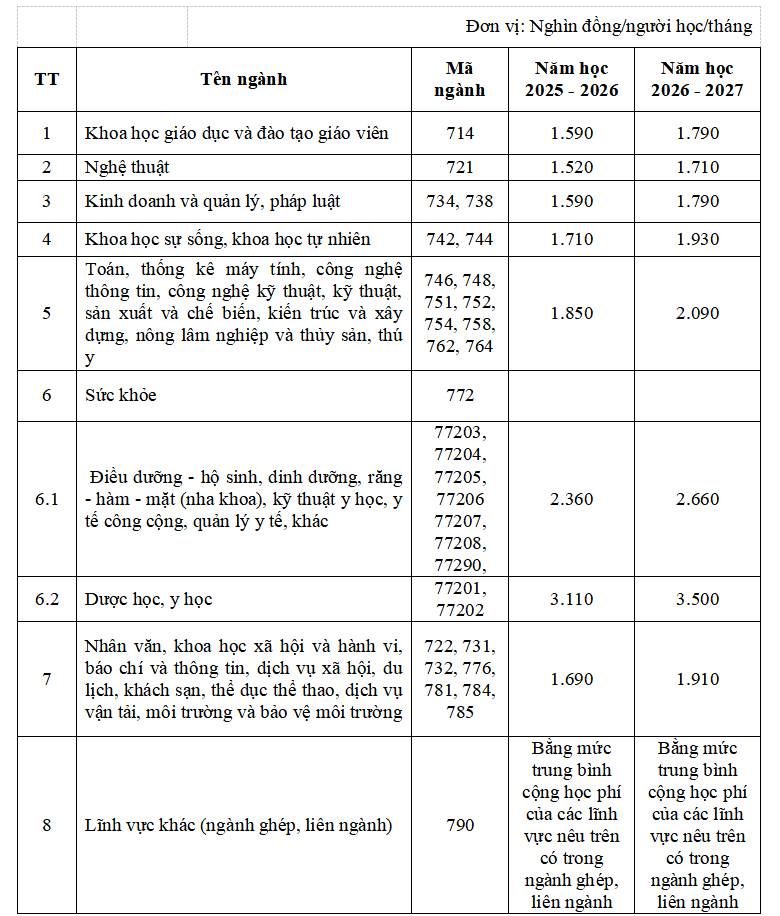
- From the 2027-2028 school year onwards, the tuition fee ceiling will be adjusted in accordance with people's ability to pay and socio-economic conditions, but must not exceed the consumer price index growth rate at the time of determining the tuition fee compared to the same period last year as announced by the competent state agency.

For public universities that are self-sufficient in regular expenses: The tuition fee is determined to be a maximum of 2 times the tuition fee ceiling of institutions that are not self-sufficient in regular expenses, corresponding to each major and each school year.
For public higher education institutions that are self-sufficient in regular and investment expenditures: The tuition fee level is determined to be a maximum of 2.5 times the tuition fee ceiling of institutions that are not self-sufficient in regular expenditures, corresponding to each major and each school year.
For training programs of public higher education institutions that meet the quality accreditation level of training programs according to standards prescribed by the Ministry of Education and Training or international/equivalent standards, higher education institutions shall base on economic-technical norms or cost norms of each training industry and profession issued by the educational institution to decide on tuition fees; and shall make this public to learners and society.
The tuition fee ceiling for master's and doctoral training at public higher education institutions is determined by multiplying the undergraduate tuition fee ceiling by a coefficient of 1.5 for master's training; and by a coefficient of 2.5 for doctoral training corresponding to each training sector of each academic year according to the levels of autonomy.
Tuition fees for part-time training and distance learning are determined based on actual reasonable costs with fees not exceeding 150% of the tuition fees for the corresponding regular training system.
In the case of online learning, the higher education institution determines the tuition fee based on actual reasonable costs incurred, up to the maximum tuition fee of the higher education institution corresponding to each field of study.
Source: https://vietnamnet.vn/bo-gd-dt-du-kien-muc-tran-hoc-phi-moi-cua-dai-hoc-cong-lap-2421758.html






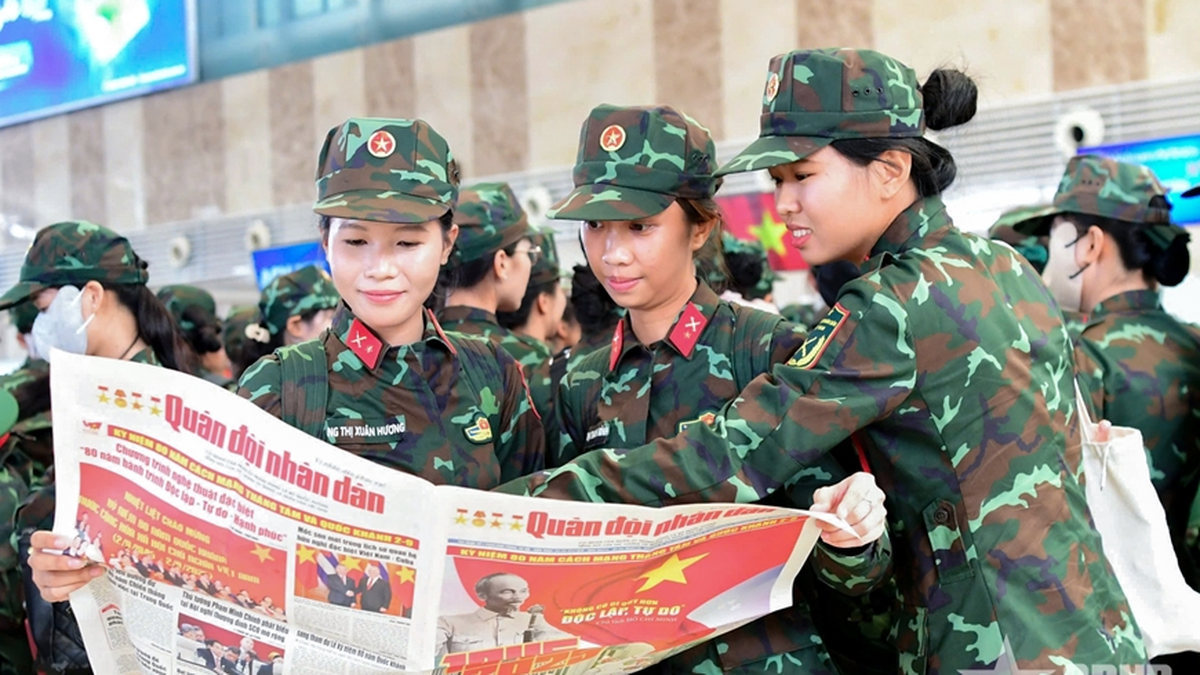









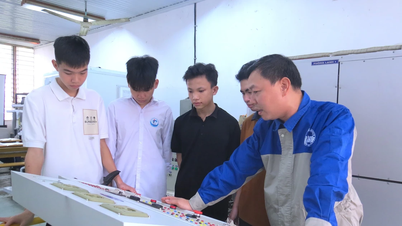





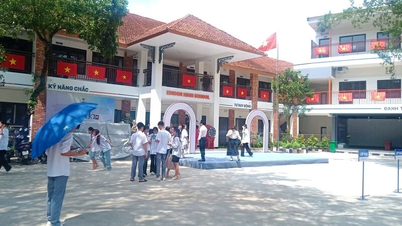

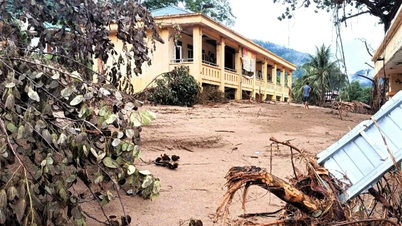
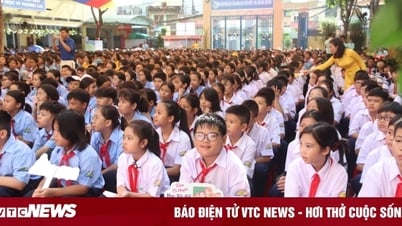






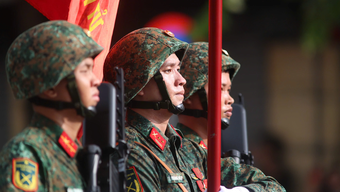






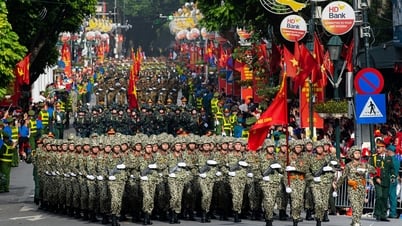













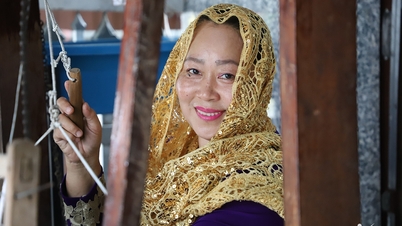










![[VIDEO] Petrovietnam – 50 Years of Keeping the Heritage Torch, Building National Energy](https://vphoto.vietnam.vn/thumb/402x226/vietnam/resource/IMAGE/2025/9/3/3f5df73a4d394f2484f016fda7725e10)
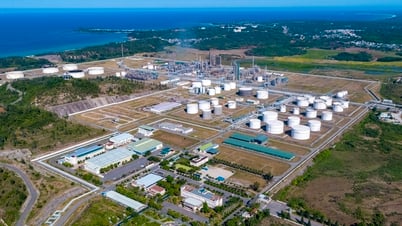
![[Photo] President Luong Cuong meets with Russian President Vladimir Putin](https://vphoto.vietnam.vn/thumb/402x226/vietnam/resource/IMAGE/2025/9/3/87982dff3a724aa880eeca77d17eff7f)
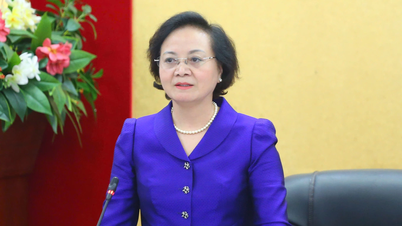

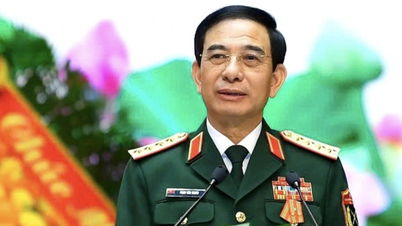
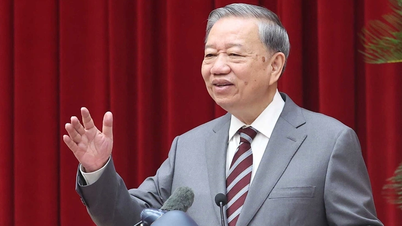




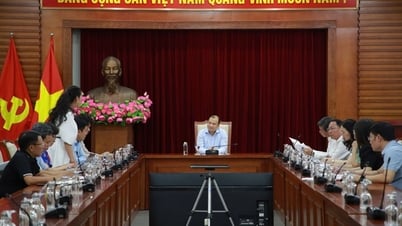


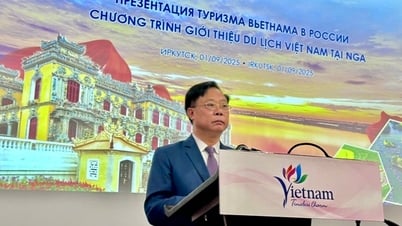




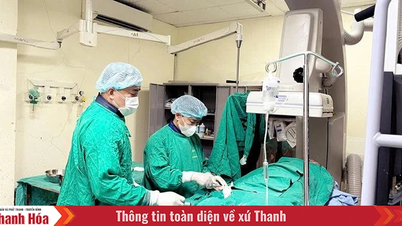



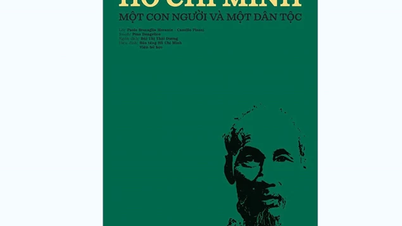



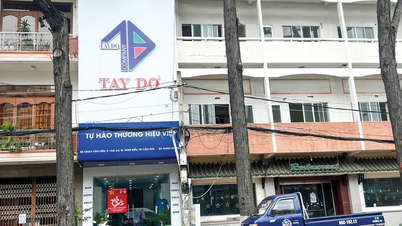











Comment (0)